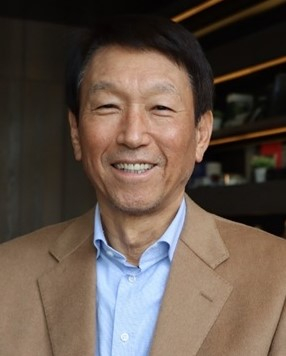In the first chapter of Sun Tzuʼs Art of War, it says: "...The more calculations made, the more likely victory, and the fewer calculations made, the more likely defeat, let alone if there are no calculations at all." From this, I can foresee the likelihood of winning or losing.The word "calculations" in this context might not fully capture the meaning of the Chinese word “算” comprehensively.I believe that "policy simulation" or "war simulation" might more accurately convey the meaning of “算”. In other words, Sun Tzu might suggest that if one side conducts more war simulations,its probability of winning the next war would be greater than that of the side that conducts fewer simulations or none at all.
In July 2024, the JFSS held its annual policy simulation, primarily based on a scenario of cross-Taiwan Strait crises, along with several situations involving armed conflicts. This was its 4th event, and it attracted more participants from both Japan and abroad. In addition to the participants from Japanʼs policy research communities, experts,and members of the Diet, experts and retired officials from Taiwan and the US were also invited, which made the simulation more realistic.
I am honored to have been invited for two consecutive years. I feel it is my duty to share some of my observations from this simulation to ensure future simulations can be more realistic and useful―not only for Japanese government agencies, but also for foreign participants.

